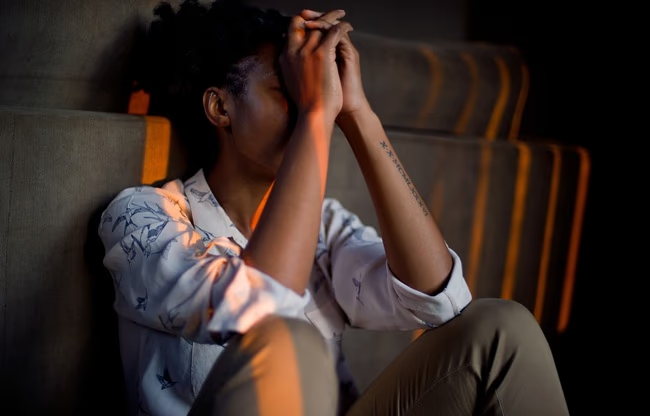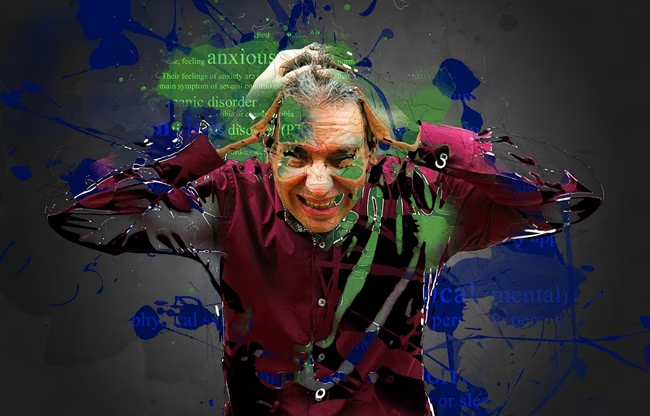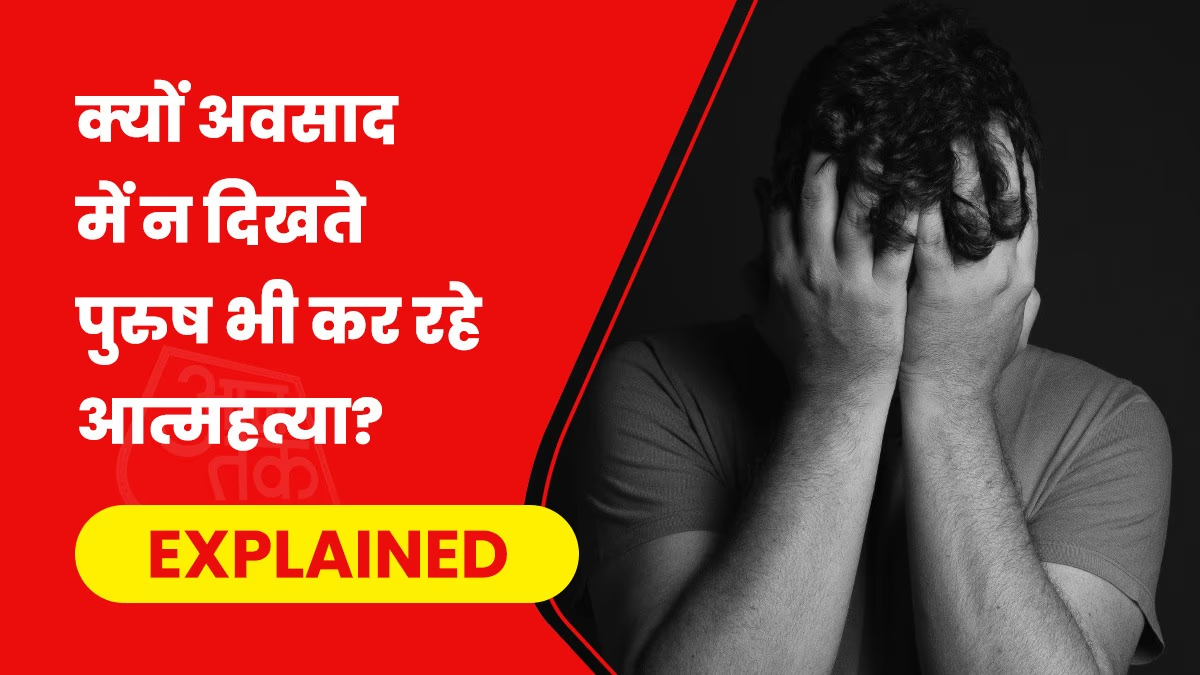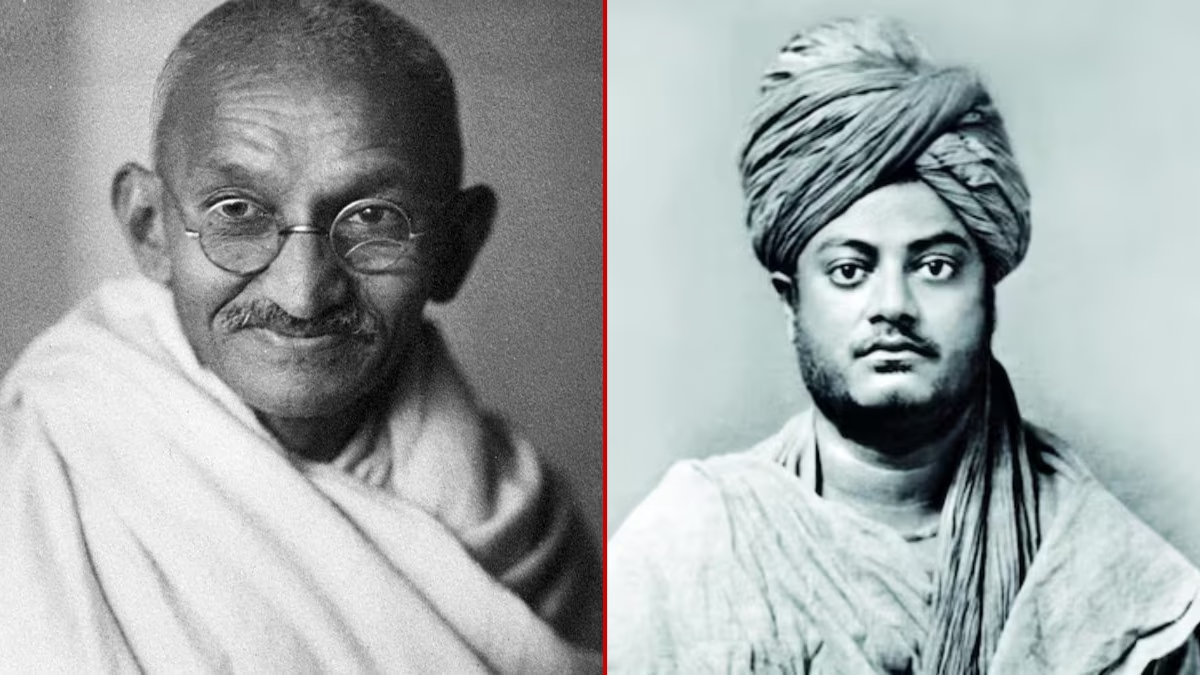Globally, the suicide graph is climbing, with men leading this tragic statistic. The National Crime Records Bureau (NCRB) recently shared data showing similar trends. Two years ago, 43,000 men and 12,000 women aged between 30 and 45 committed suicide, shocking due to the high depression rate seen in women.
According to the World Health Organization (WHO), over 700,000 people globally take their own lives each year, with men often choosing this path more than women. In the United States, male suicides surpass females fourfold, over three times in Australia, and double in most countries, including India.
Debate persists on why men, despite lesser socio-economic discrimination than women, show higher suicide rates when considering issues like depression.

Source: aajtak
While depression cases appear more prevalent in women worldwide, WHO notes that globally, women face almost 1.5 to two times the risk of depression than men. Current statistics indicate that one out of every ten women deals with depression.
This disparity arises from hormonal changes, social pressure, and balancing home and work responsibilities. Many countries restrict women's freedom and lack healthcare systems, complicating their mental health landscapes. In 2021, WHO found over 580 million women globally were dealing with depression, compared to about 510 million men.
The trend mirrors in India. The National Mental Health Survey shows most depression patients are women, often unable to voice their suffering due to societal and family constraints. Positively, women are more likely than men to seek mental health assistance, contributing to more accurate data on their condition.
Women attempt suicides more, but men succeed, showcasing a difference in suicide attempts and outcomes.
Men often resort to lethal methods. Access to means plays a role; in the US, most males own firearms, and over half suicides involve guns, leading swiftly to death. Women might try overdosing on medications, with timely intervention saving lives.

Source: aajtak
Societal norms inhibit men from expressing emotions, often resulting in extreme measures. Men hesitate more in seeking help, sometimes discovered post-extreme depressive states. Habits like substance abuse exacerbate depression.
Recognizing the seriousness of male suicide, countries have initiated varied interventions. Australia, for example, developed communities like Men's Shed, providing a space for men to converse openly and seek advice, with both peers and experts being male counselors offering holistic support.
Sweden goes further, creating unique scripts for helplines and training tailored for men, differing from those for women or children. Campaigns like Real Men Talk encourage men to express rather than suppress feelings, easing burdens substantially.




